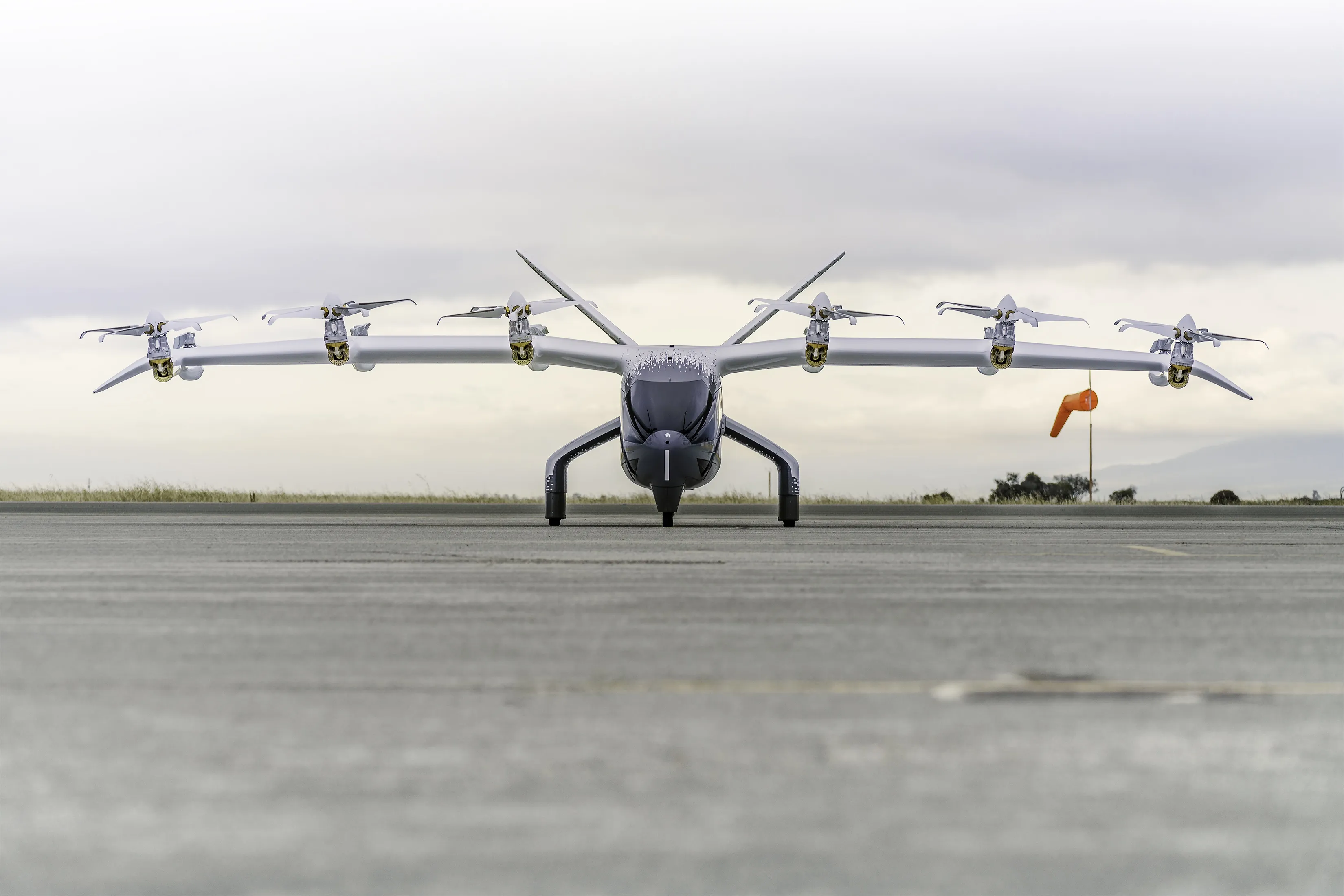
Urban air mobility specialist Archer Aviation plans to start air taxi operations in Abu Dhabi, United Arab Emirates, in 2026.
The electric vertical take-off and landing (eVTOL) aircraft provider will work with Abu Dhabi Investment Office (Adio), which aims to allow Archer to establish an HQ in Abu Dhabi's Smart and Autonomous Vehicle Industry (SAVI) Cluster.
Archer says it wants to replace 60–90-minute commutes by car with estimated 10-20 minute electric air taxi flights which will be, it suggests, "cost-competitive with ground transportation".
The company will also work with Falcon Aviation (which will operate its air taxis across Dubai and Abu Dhabi) as well as GAL-AMMROC (supplying repair and maintenance work with aircraft) and says it plans to announce further tie-ups when it showcases its Midnight aircraft at the Dubai Air Show from 13-17 November. Midnight is a piloted, four-passenger aircraft "designed to perform rapid back-to-back flights with minimal charge time between flights".
Badr Al-Olama, acting director general of Adio, says: "Bringing electric aviation to the UAE will help unlock congestion with zero emissions and, in turn, bring millions in foreign direct investment and thousands of jobs to the region over the next decade.”
Archer has raised $1.1 billion of funding so far, including investments from Mubadala Capital, United Airlines, its manufacturing partner Stellantis and Boeing.
“Archer plans to partner closely with Adio and the Department of Economic Development to bring manufacturing and operations for our air taxis to the region," says Archer's founder and CEO, Adam Goldstein. "Together, we are positioned to be a driving force in making all-electric air taxis a reality in the skies of the UAE and beyond in the coming years.”
Stellantis CEO Carlos Tavares says the company will work to establish a manufacturing facility for Midnight in the Middle East, "where we see extraordinary potential for urban air mobility".








